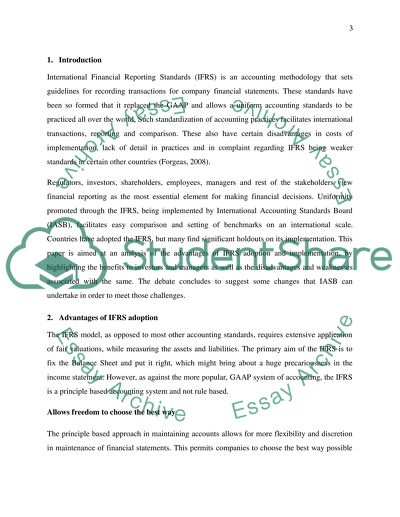Cite this document
(“IFRS Regulatory Framework for Financial Reporting Assignment”, n.d.)
Retrieved from https://studentshare.org/finance-accounting/1626137-ifrs-regulatory-framework-for-financial-reporting
Retrieved from https://studentshare.org/finance-accounting/1626137-ifrs-regulatory-framework-for-financial-reporting
(IFRS Regulatory Framework for Financial Reporting Assignment)
https://studentshare.org/finance-accounting/1626137-ifrs-regulatory-framework-for-financial-reporting.
https://studentshare.org/finance-accounting/1626137-ifrs-regulatory-framework-for-financial-reporting.
“IFRS Regulatory Framework for Financial Reporting Assignment”, n.d. https://studentshare.org/finance-accounting/1626137-ifrs-regulatory-framework-for-financial-reporting.


